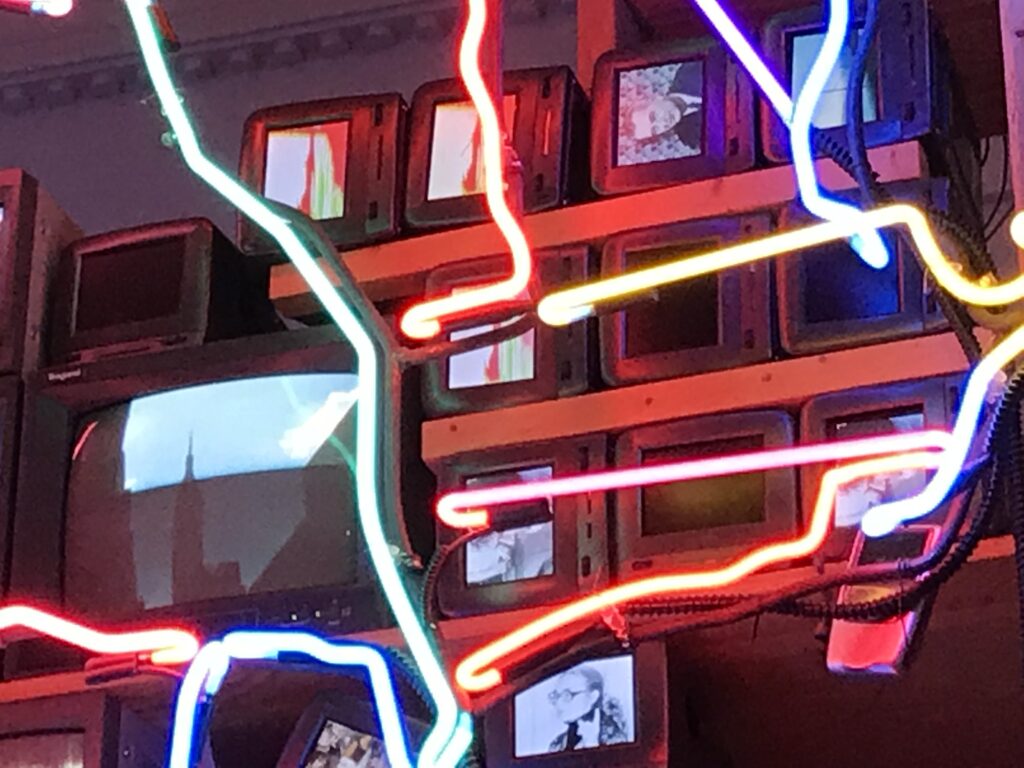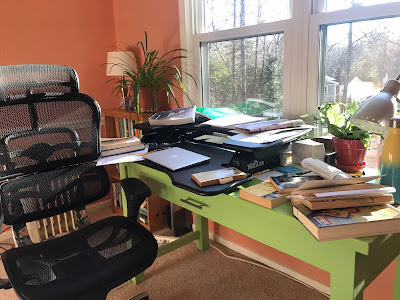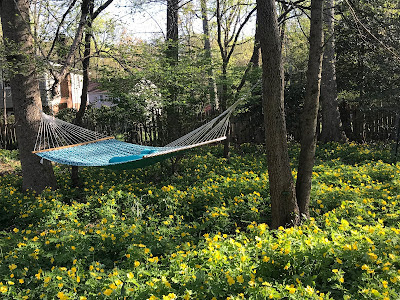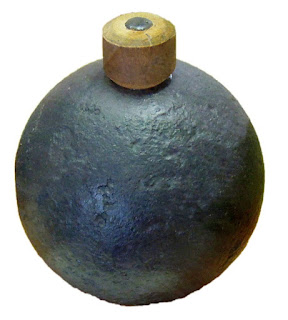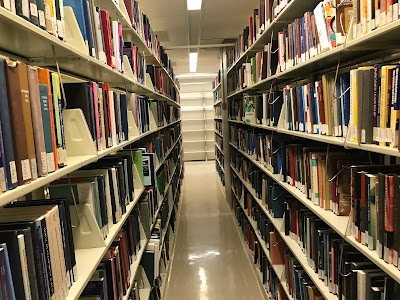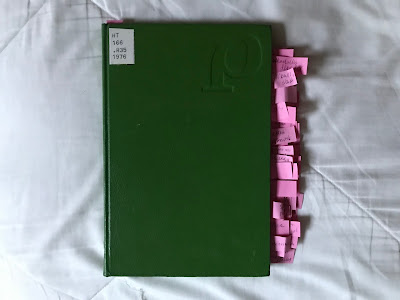The Hilltop
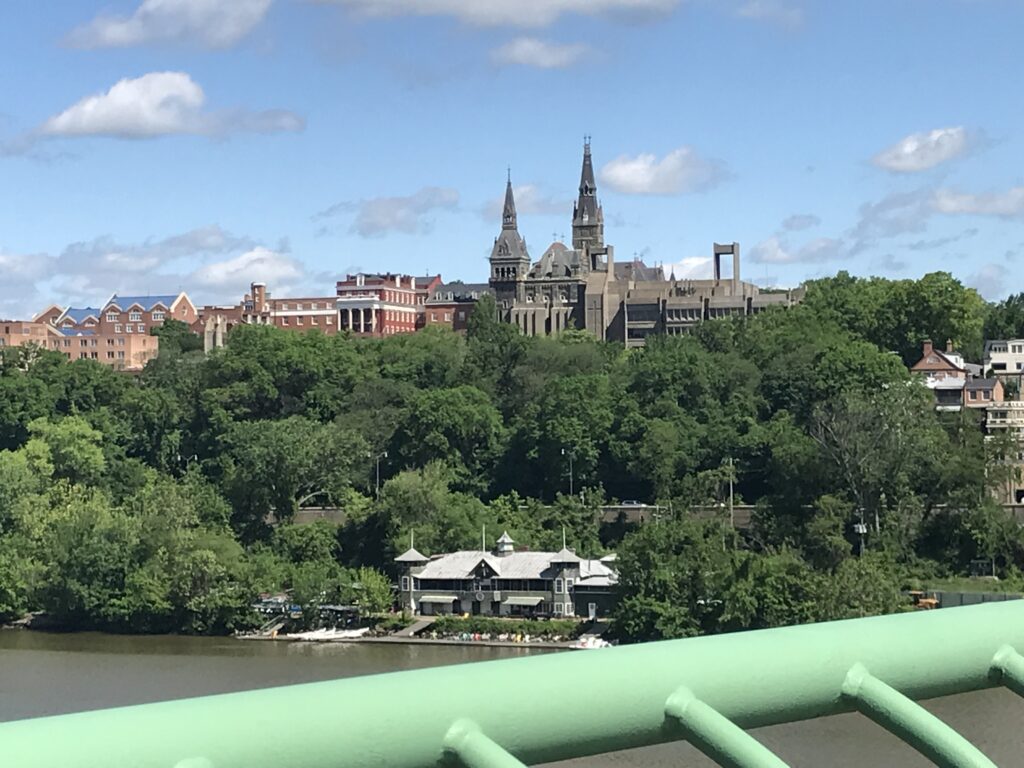
The rain had stopped, the library books were due, so yesterday I returned them. There are several ways to reach Georgetown from Metro, but I took the Key Bridge route. It’s the most impressive way to walk to campus, and I wasn’t disappointed.
Georgetown sits on a bluff above the Potomac, which is why it’s called The Hilltop. When you approach it from the bridge, Healy Hall looms ahead like a castle, like the National Historic Landmark that it is.
Once in the District you’ll need to walk up, either by trudging an impossibly steep street (which was under construction) or by taking the Exorcist Stairs. I chose the latter, and made quick work of it. They are creepy even at 10:30 a.m.
But as soon as I reached the top, I was transported. The campus is leafy and green. It’s finals week, and preparations are already underway for graduation. Students clustered in study rooms in the library and hung out on Healy Lawn. The morning was picture-perfect. I don’t get to campus very often. Maybe I should change that.
